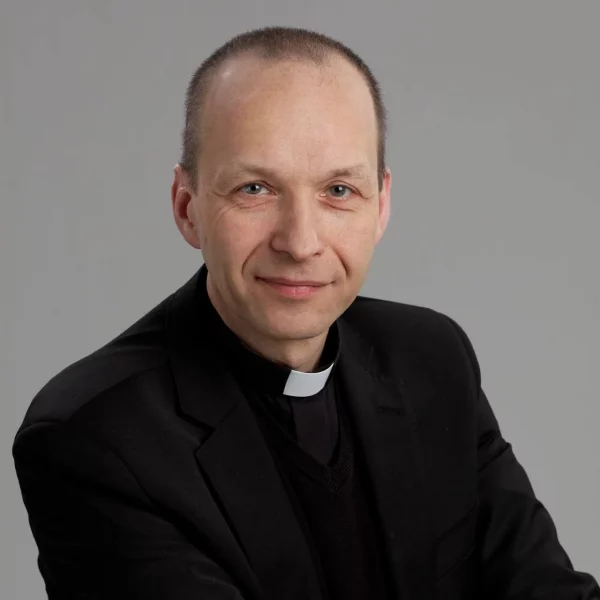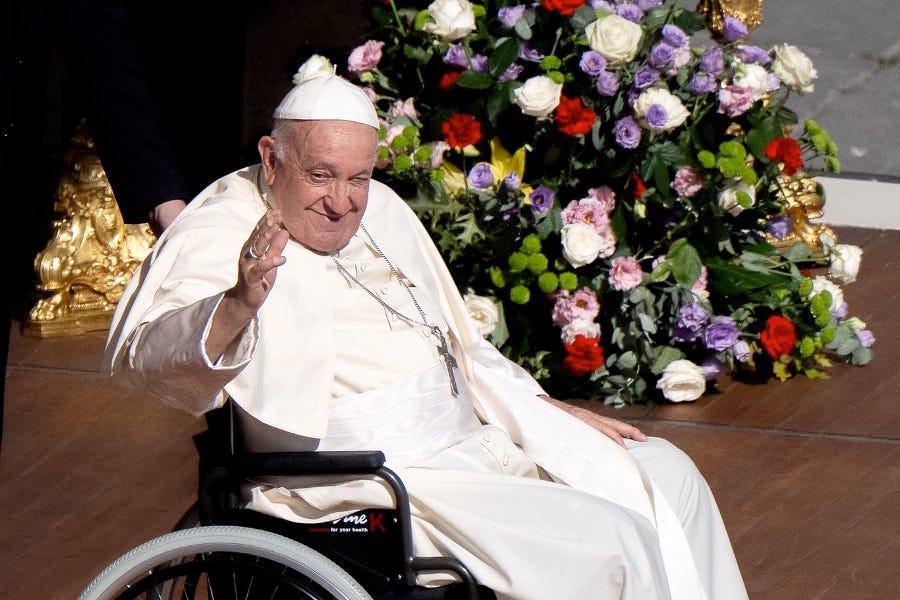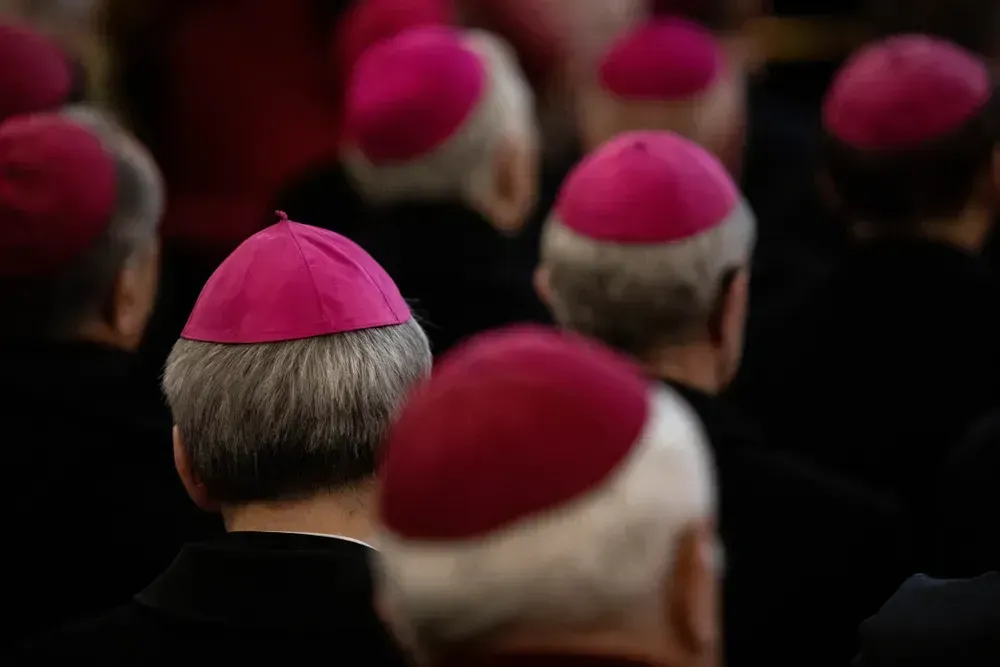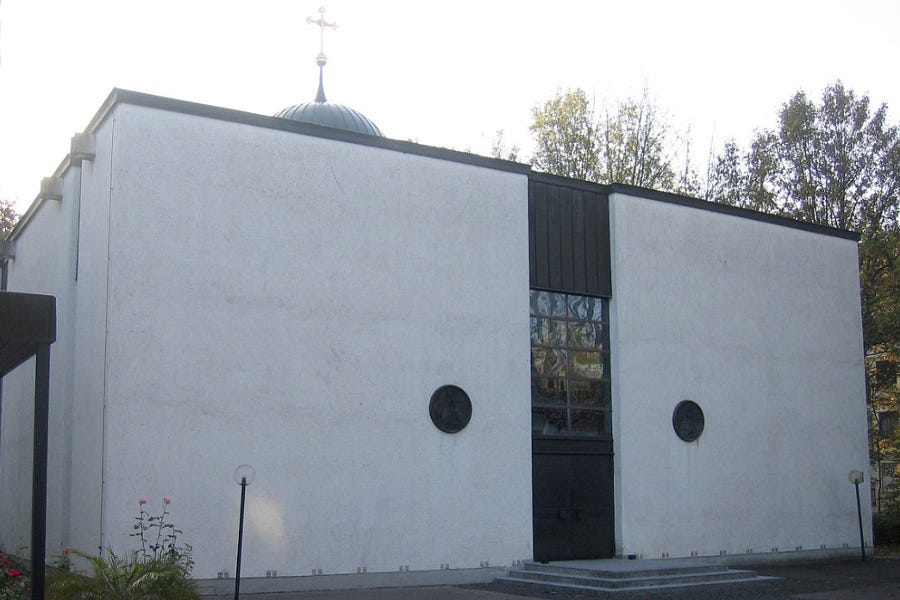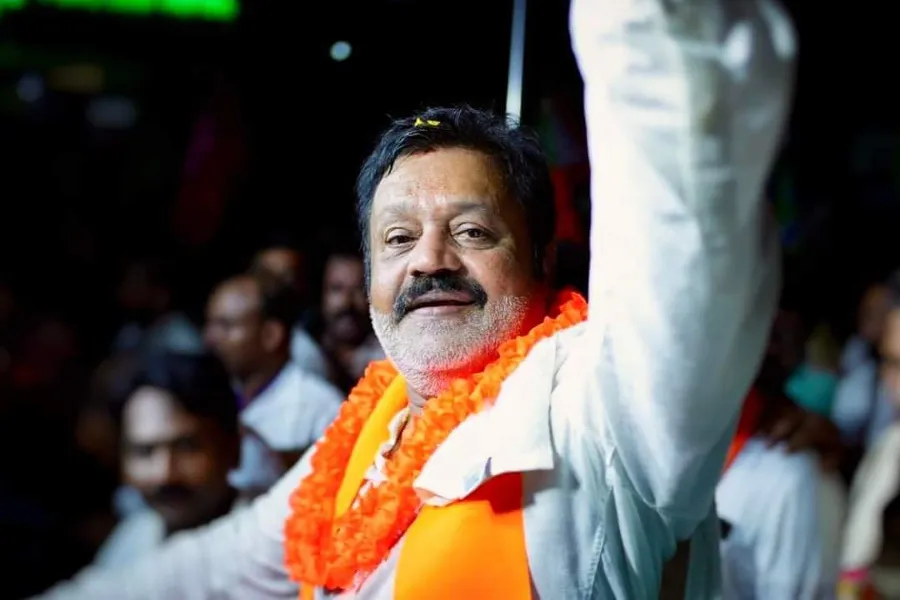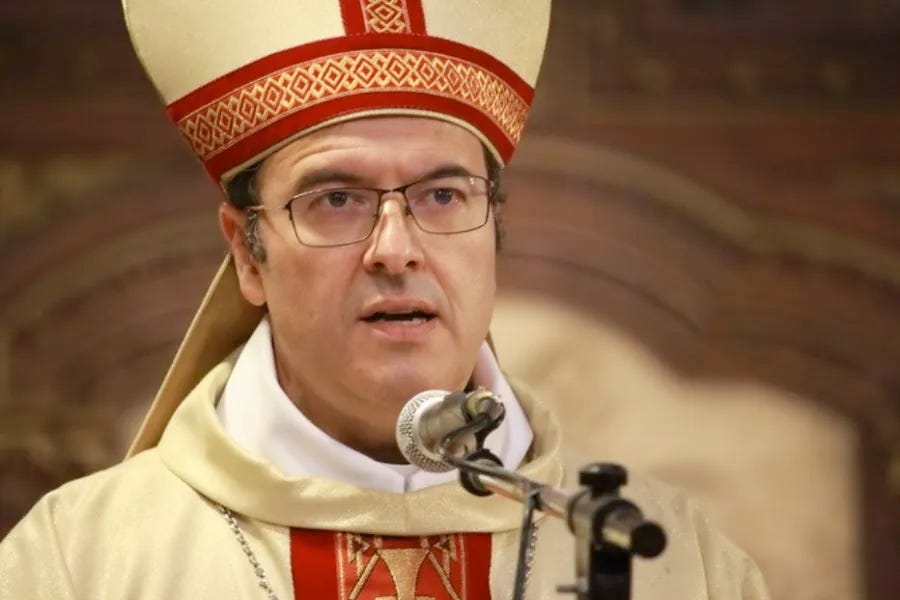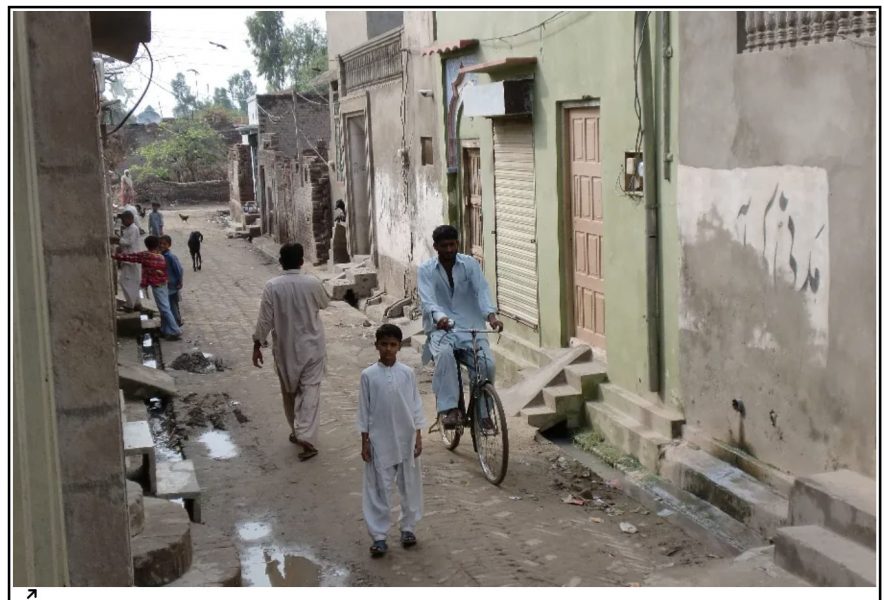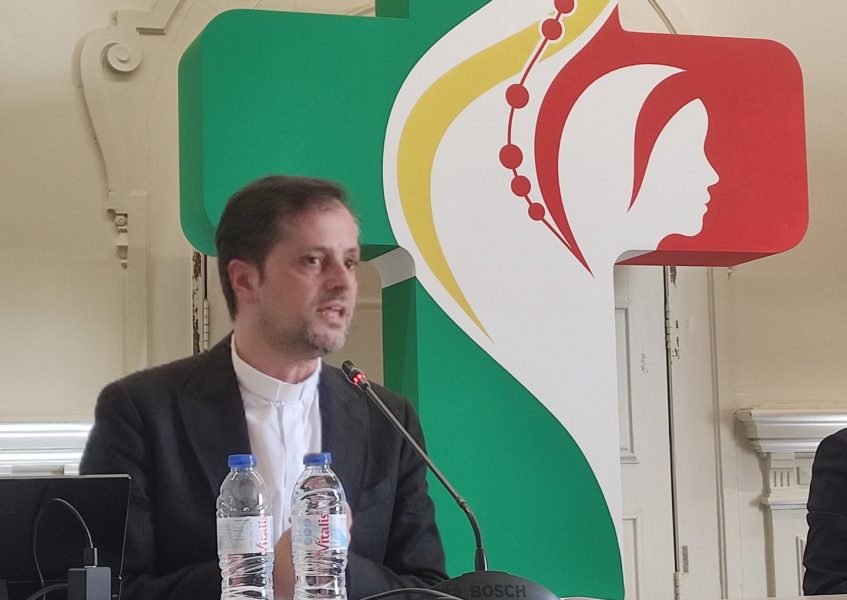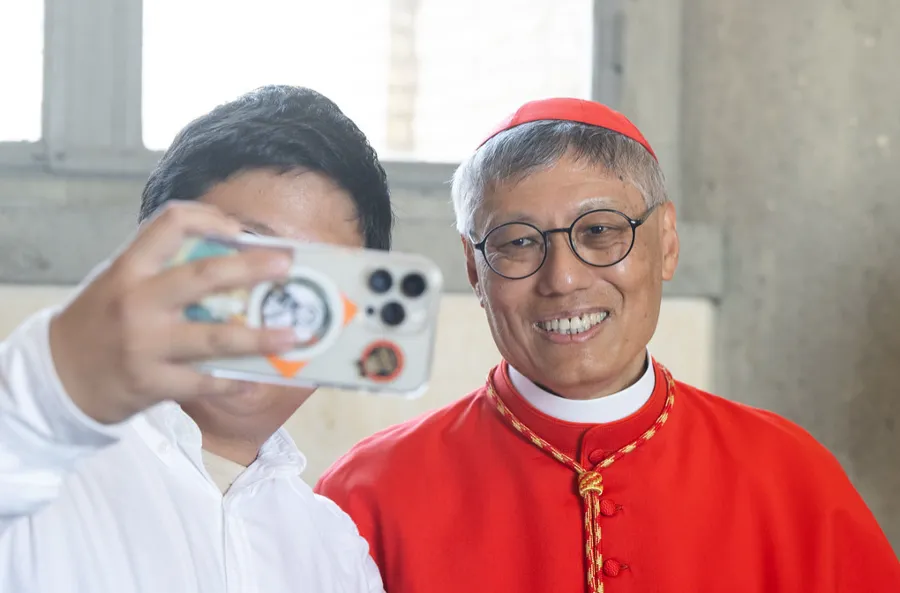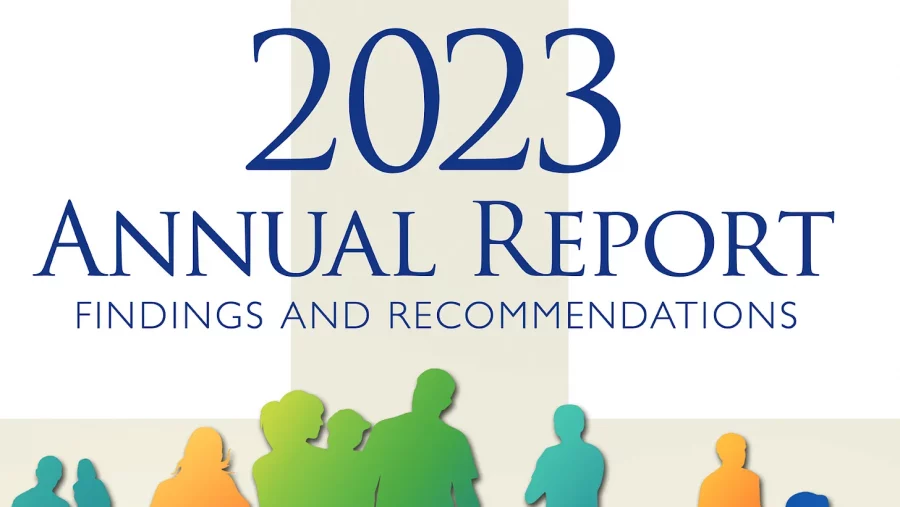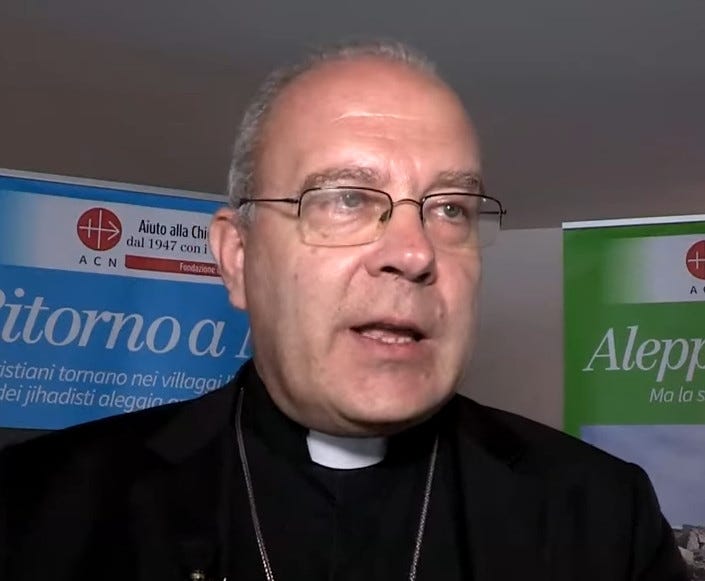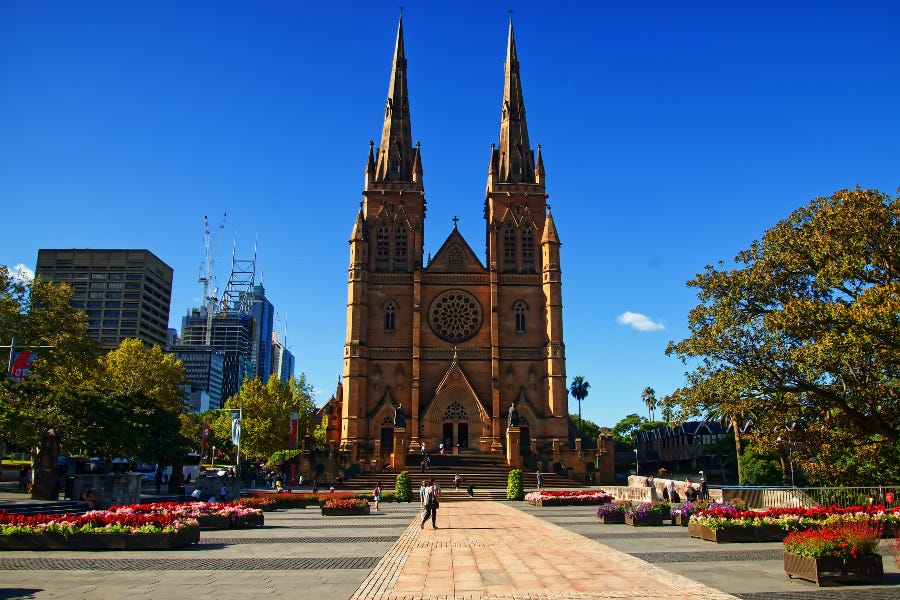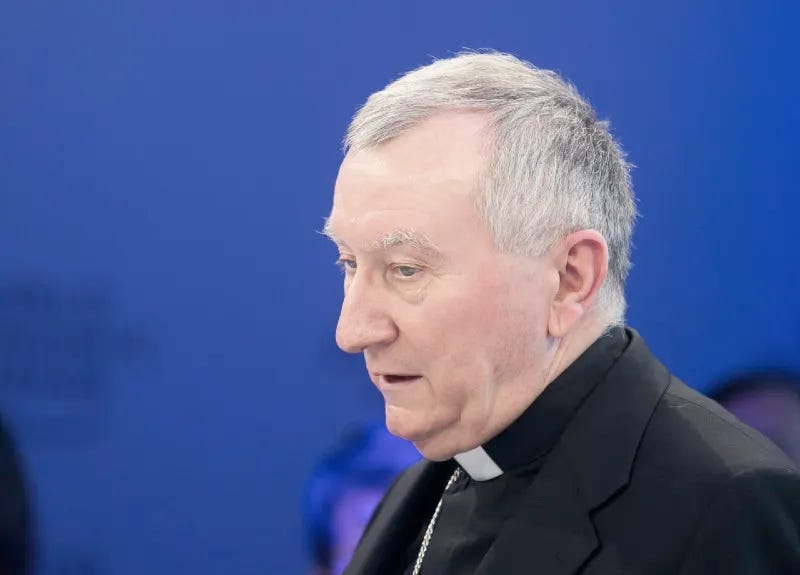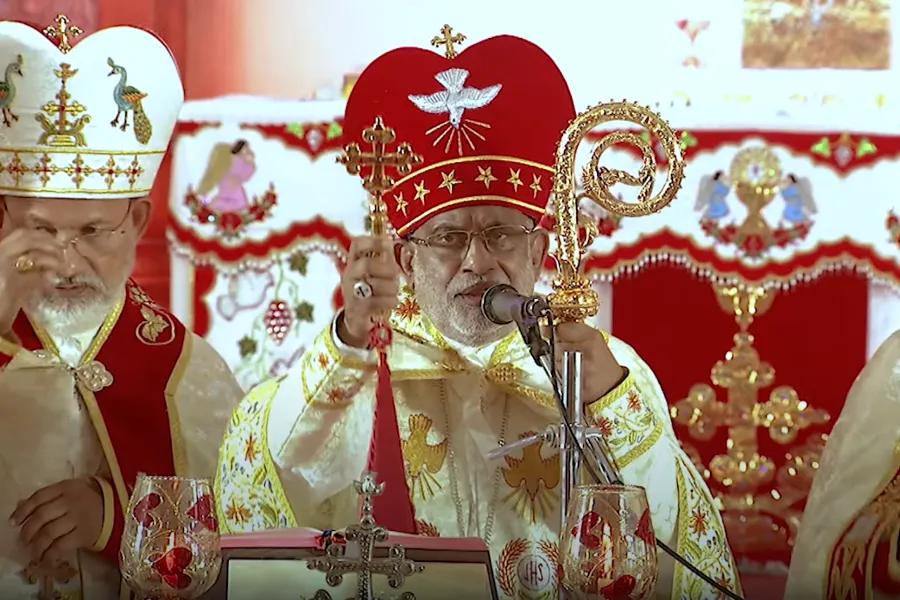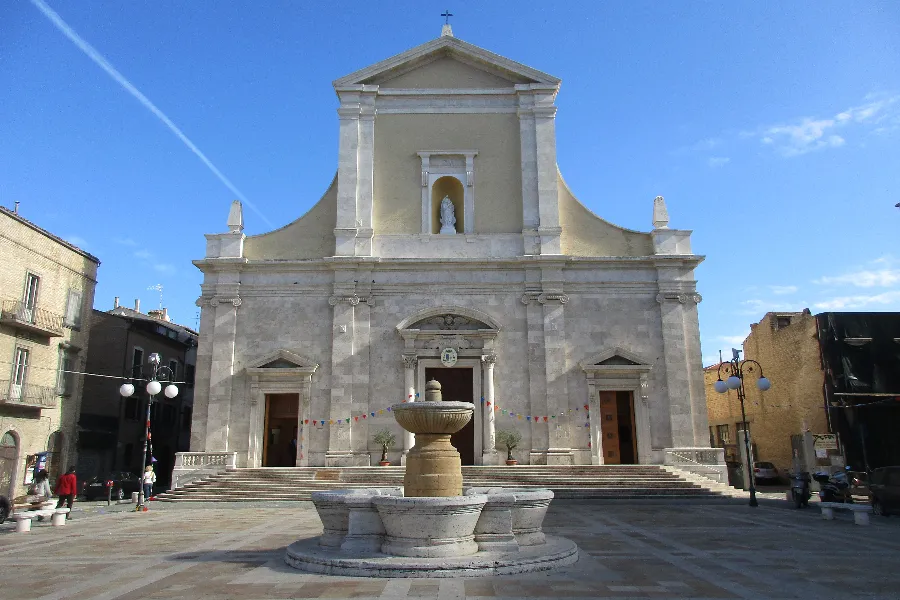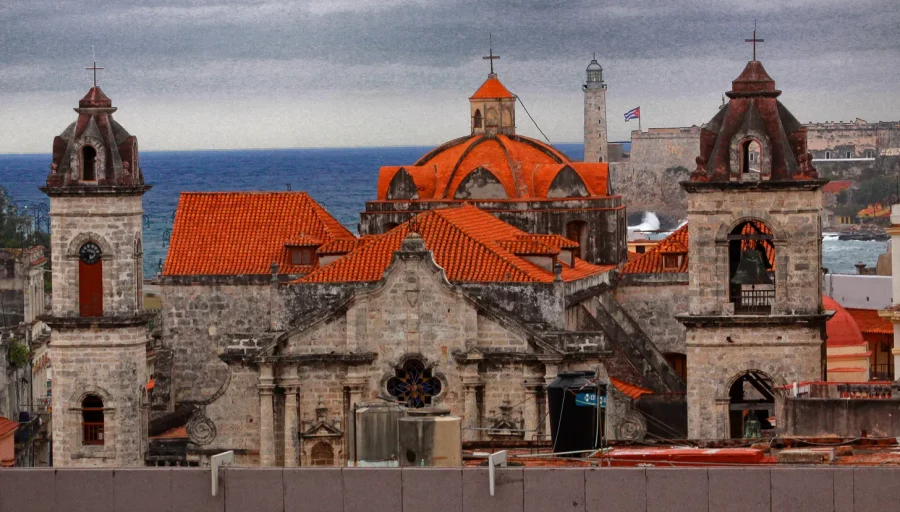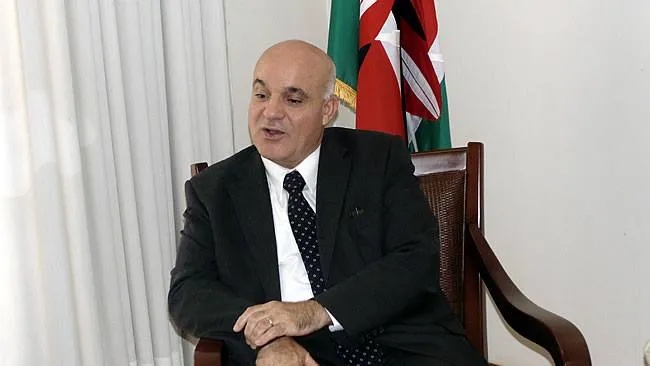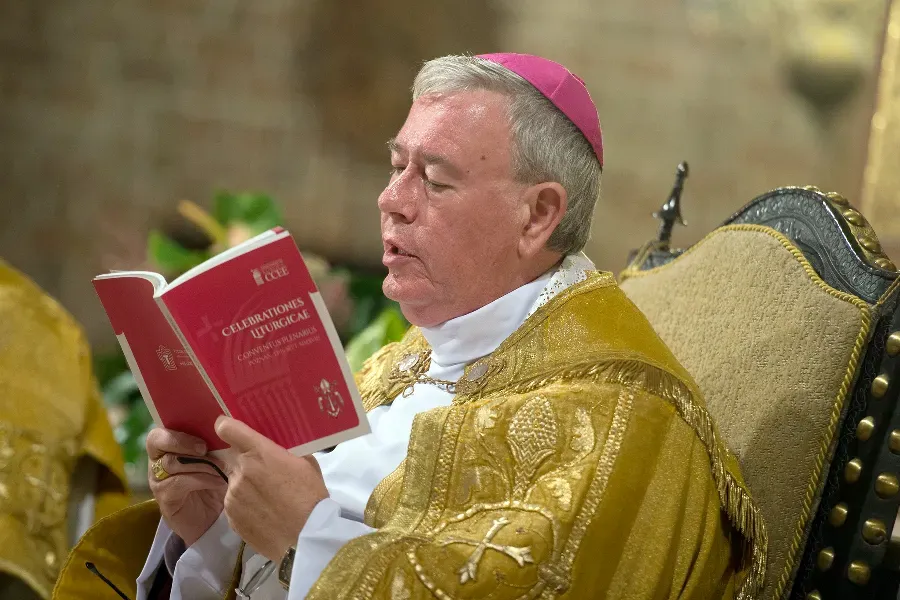(The Pillar. Edgar Beltrán).
For a lot people, Slovakia is hardly the first nation that comes to mind when they think of Catholic countries in Europe. They might first think of Italy, where Vatican City is, of Portugal, where Our Lady of Fatima appeared, or of Poland, where Pope St. John Paul II grew up.
Bishop Jozef Hal’Ko. Credit: Archdiocese of Bratislava
But the small Central European nation of Slovakia boasts a deep Catholic tradition, maintained even through decades of communism in the 20th century. Perhaps the best-known Catholic figure in Slovakia today is Bishop Jozef Hal’Ko, 60, the auxiliary bishop of Bratislava, the country’s capital. Hal’ko’s public defense of the Catholic faith and social media activity have made him a well-known personality in his country. The bishop’s main social media activity is his Na minútku series — “One minute” — in which the bishop preaches briefly about each Sunday’s Gospel. Bishop Hal’Ko talked with The Pillar about his pastoral activities, secularization in Europe, and the mission of evangelization.

